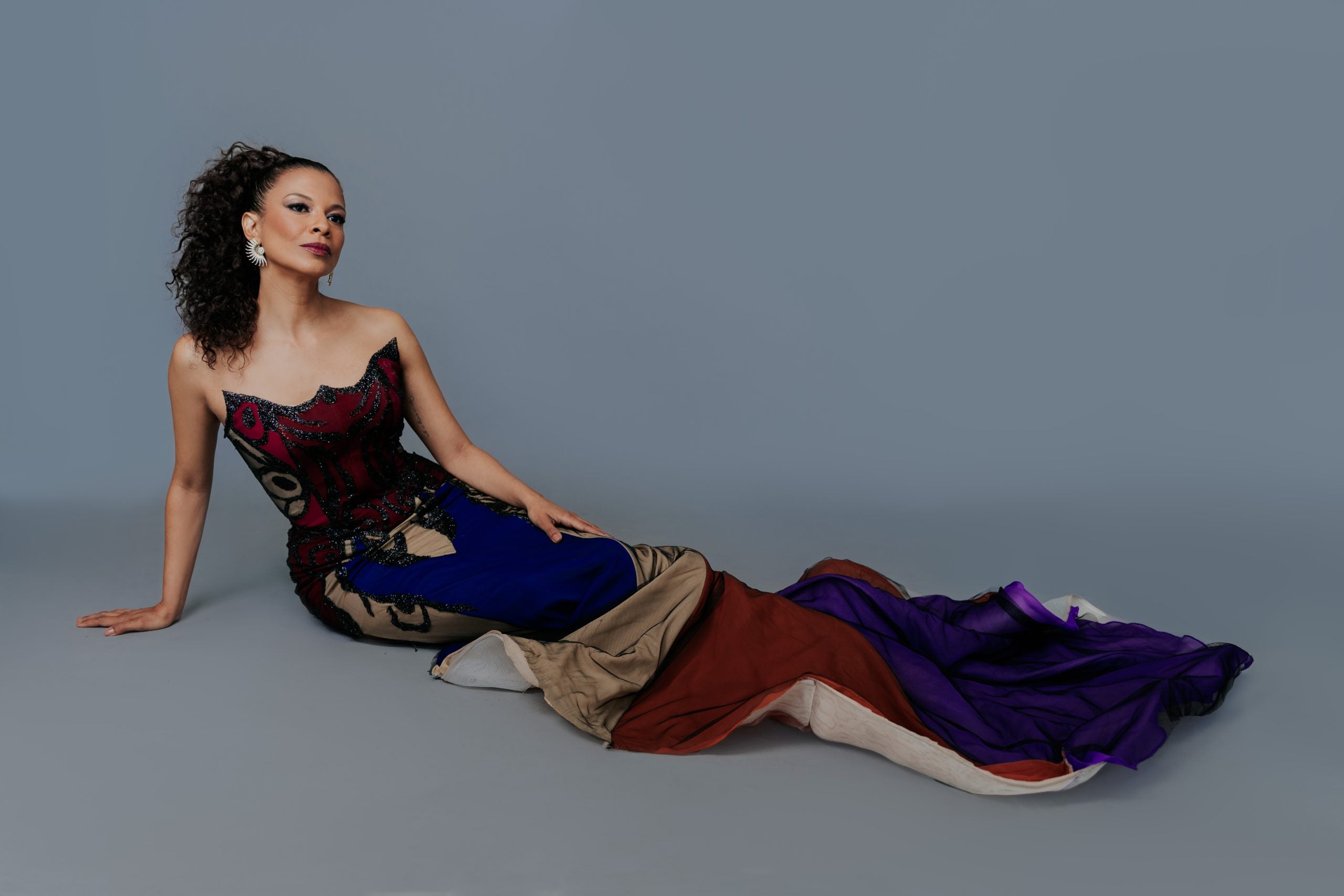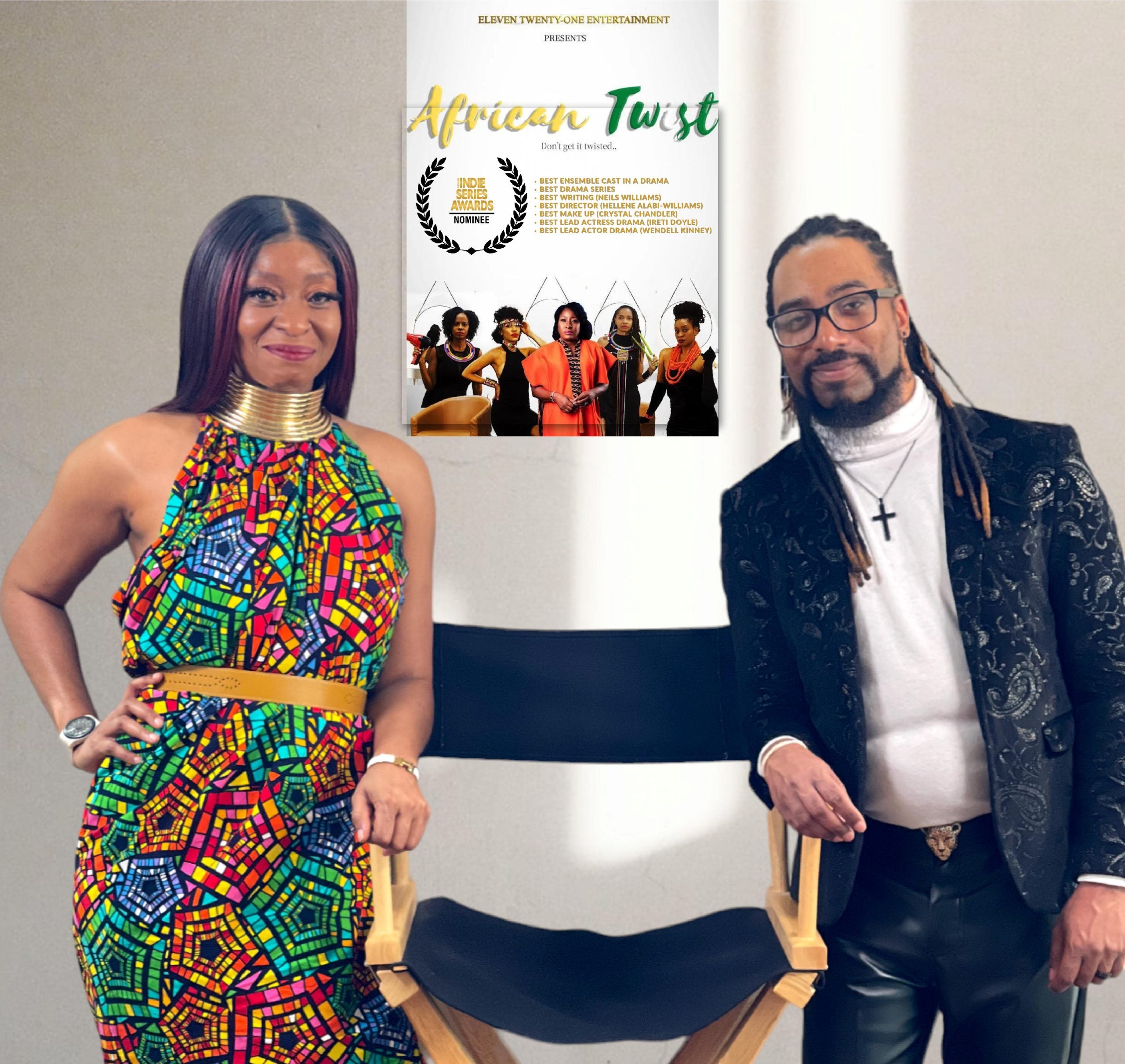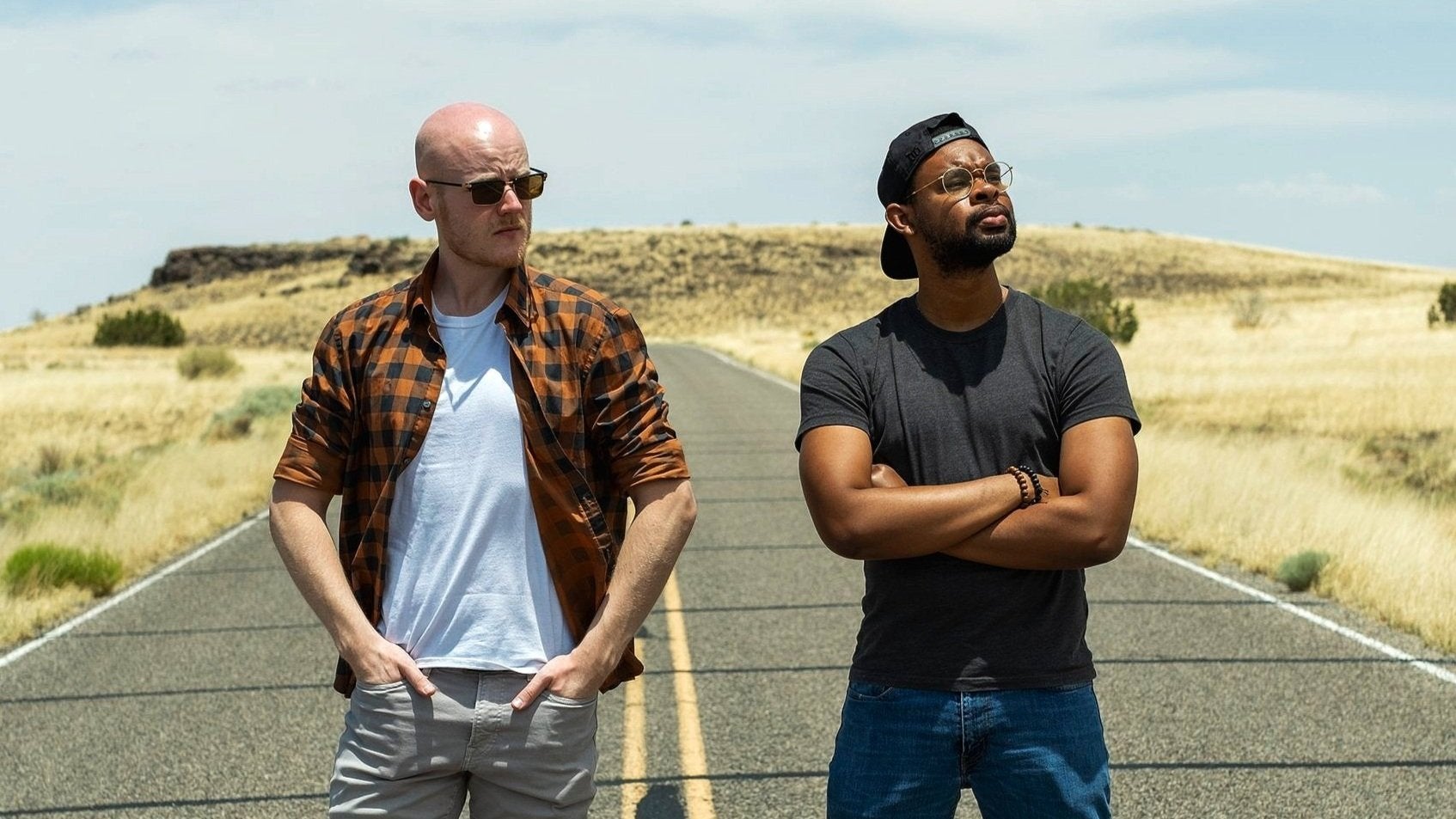
Loren Escandón is well aware of the preconceptions associated with her Cali, Colombia origins, notably its cartels. “In culture, in movies, and on TV—it’s the only depiction you see,” she said. That’s the thing about stereotypes, they oversimplify complex realities; which is not to suggest the criminal underworld isn’t real, but when it’s the sole representation of a people, the repercussions can be damning. “You can tell the story, but, what if you told it from the perspective of those outside the cartel? It’s about making sure more than one voice is represented,” Escandón said.
Having grown up in the middle of The Cali-Medellin war, her outlook is informed by experience. Many of the neighborhood kids she grew up with were killed in the violent crossfire of the illegal drug trade. “To this day, I can’t watch anything cartel-related. It’s too triggering,” she shared. In a move that probably saved and certainly shaped her life, her mother sent her away to a conservatory for the arts.

Today, the Afro-Latina filmmaker and actress is committed to crafting fuller, more nuanced portraits. “I have always been very clear about how I want to portray my culture and historical ancestral background,” she said. “I try to stay true to characters that I feel are aspirational. Not perfect, but aspirational in the sense of having ambition and striving for their goals,” she said. Her portrayal of ‘Hope’ in the Netflix biofilm SHIRLEY is a testament to that resolve. Escandón is blazing trails for a new generation of filmmakers creating the storylines they want to see in the world.
ESSENCE spoke with screenwriters, directors, and producers, at various stages of career about how they’re bootstrapping, team working, and side hustling their stories to a screen near you.
Dreams and Day Jobs: Navigating the Financial Realities of Filmmaking

Despite unprecedented access, filmmaking remains a challenging choice of career. Aside from the lack of guaranteed wages, retirement plans, and clearly defined trajectories, the rapidly evolving landscape makes it a vulnerable pursuit. For producer, director, and actress Hellene Alabi-Williams, it was a sacrifice she and her husband, Antonio were willing to make. “Working long hours after doing our regular jobs was the norm because we still had to make sure we were servicing our passion and keeping the dream alive,” she shared.
The payoff came with the release of their series, African Twist. Launched in 2023, the 10-episode season shares the story of an undocumented Nigerian finding refuge in an African hair braiding salon. For Alabi-Williams, the narrative is personal. “My first job as a Nigerian immigrant here in America was working as a freelance hair braider. I would go to different clients, and they all had distinctive points of view about immigrants in America,” she said. “We not only wanted to shed light on the real experience but also give a voice from Africa in particular.”
For creatives like Alabi-Williams, the lack of prescription in filmmaking, while challenging, offers a blank canvas to bring colorful stories to life. “In an industry filled with uncertainties, my commitment to authentic storytelling and social advocacy serves as my compass,” she told ESSENCE. “It guides every creative decision I make.”
Collaborative Filmmaking: The Power of Creative Partnerships

Nicholas Johnson took a more conventional route into cinema-making, earning a Bachelor’s degree from the Sidney Poitier New American Film School at Arizona State University. His short “Who Are You?” produced alongside his childhood friend Jacob Snider received solid reviews. “We collectively created an idea of a man living an exceptionally solitary life with a strict daily routine until, one day, he returns home to find something amiss,” Johnson shared.
For Indie creators, partnerships are vital, according to Escandón, especially when budgets are tight: “Storytelling is a collaborative effort. You may have written the story, but it doesn’t belong to you,” she said.
Nicholas and Jacob’s collaboration proved a powerful catalyst. Their debut earned seven nominations at the 2022 Crime Mystery Film Festival, including a win for Best Direction.
Screenwriting 101: Crafting Authentic Narratives and Characters

Brittney Michelle initially struggled to embrace her creative voice. “It took me a while to see myself as a true artist,” she said. With an analytical background, her sights were set on a more conventional path: “Even though I’ve always been creative, it took years for me to confidently embrace the producer and filmmaker titles.” But, once she leaned in, there was no turning back.
These days, the biomedical scientist turned screenwriter, twice-published author, and CEO of an empowerment network for girls, spends her days honing her storytelling skills with narratives that ring personally true. Her upcoming project, Friendsgiving, is reminiscent of classics such as The Best Man and Living Single, she describes the film as channeling 90s and 00s vibes. “The characters are more than just characters; they’re like friends in my head—genuine, raw, and relatable,” Michelle told ESSENCE.
Characters developed around authentic narrative resonate with audiences; Escandón extols these virtues as fundamental truths: “I believe you have to tell the stories that are important to you. When you start with things you care about, your voice becomes clearer so the audience connects with it from a very personal, heart-open, and energetic space.”
Her directorial project, Los Patines, models that approach. Depicting the story of an orphaned Afro-Colombian girl coerced into servitude, the short received numerous nominations, notably winning Best Latino Short and Director at the NYC Downtown Short Film Festival.
Johnson, Alabi-Williams, Michelle, and Escandón belong to a new era of filmmakers revolutionizing storytelling, forging new paths in the future of film.






